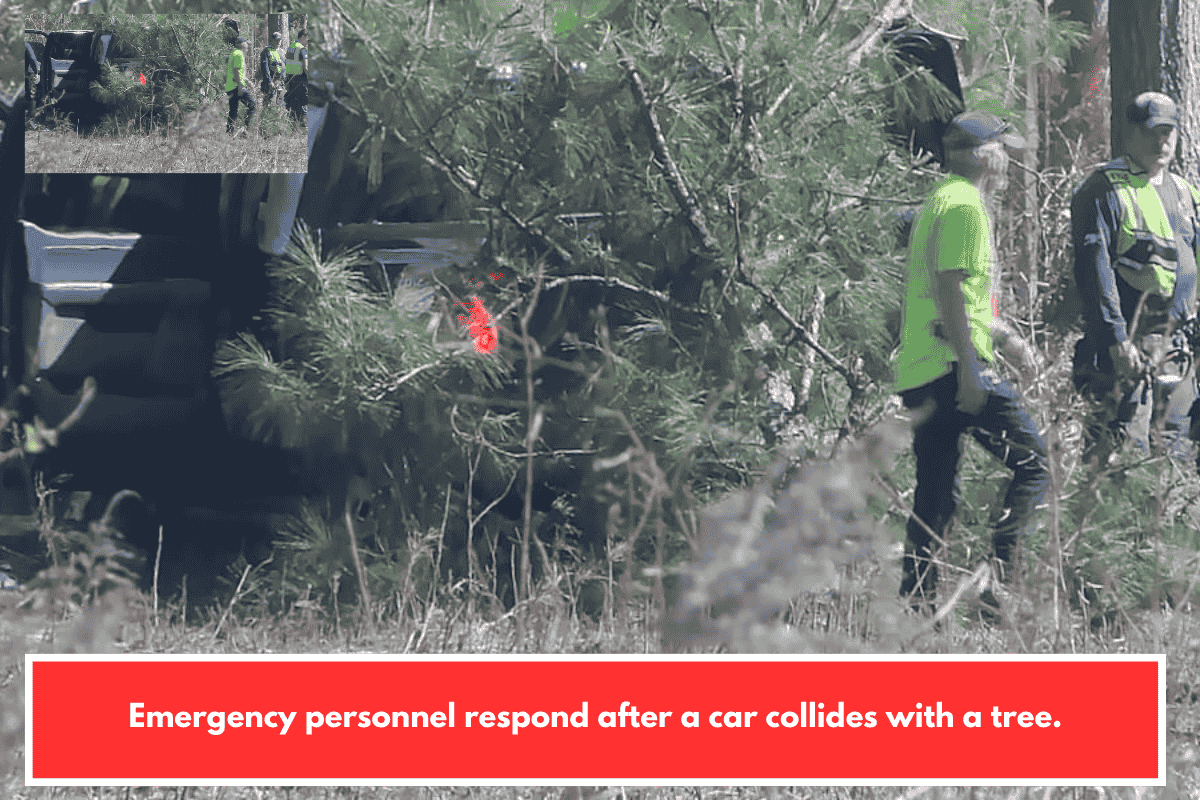Arizona’s Stand Your Ground law is part of the state’s broader self-defense laws that allow individuals to protect themselves from harm in certain situations. Understanding this law is crucial for Arizona residents, as it can affect how self-defense claims are treated in both legal and real-life situations. Here’s what you need to know about Arizona’s Stand Your Ground law.
What Is Arizona’s Stand Your Ground Law?
Arizona’s Stand Your Ground law, outlined in Arizona Revised Statutes Section 13-405, allows individuals to use force (including deadly force) to protect themselves if they feel threatened by another person. Under this law, a person has no duty to retreat or avoid confrontation before using force if they are in a place they have a legal right to be.
In other words, if you are threatened with harm or fear for your safety in Arizona, you have the right to defend yourself without first attempting to retreat or avoid the confrontation, as long as you are not engaged in illegal activities and you are in a location where you are allowed to be.
Key Components of Arizona’s Stand Your Ground Law
Here are the most important points to understand about the Stand Your Ground law in Arizona:
No Duty to Retreat
One of the central aspects of the law is the no duty to retreat principle. If you feel threatened and are in a place where you have the right to be (such as your home, car, or a public space), you are not required to retreat before defending yourself. This means you can stand your ground and use force if necessary.
Reasonable Fear of Harm
To justify the use of force, there must be a reasonable fear that you are in imminent danger. You cannot use force just because you are angry or frustrated—there must be a genuine belief that harm is about to occur. If you can show that the other person’s actions made you fear for your safety, you may be able to invoke the Stand Your Ground defense.
Use of Force
The law allows the use of reasonable force to protect yourself from harm. In certain cases, this could mean the use of deadly force if you believe your life is in immediate danger. The force used must be proportionate to the threat. For example, if someone is threatening you with a weapon, you may be justified in using deadly force in response.
Immunity from Prosecution
Under Arizona’s Stand Your Ground law, if you use force in a situation where the law applies, you may be immune from prosecution for any resulting harm or death. If a prosecutor believes there is insufficient evidence to prove the use of force was unlawful, they may decide not to pursue charges. However, this immunity is not automatic—it is determined on a case-by-case basis, and a judge may rule on whether the defense applies.
Protection of Others
Arizona’s Stand Your Ground law also extends to the protection of others. If you are defending a third party who is facing imminent harm, you are generally allowed to use force on their behalf, provided you have a reasonable belief that they are in danger.
Common Misunderstandings of Stand Your Ground Law
While Stand Your Ground laws are often thought to provide absolute protection, there are some important things to consider:
Legal Use of Force: You can only use force if it is reasonable and necessary for the situation. If the force used exceeds what is required to protect yourself or others, it could be deemed excessive and lead to criminal charges.
Not a Free Pass: Even though the law gives you the right to defend yourself without retreating, that does not mean the law will always side with the person using force. The facts surrounding each case, including whether the use of force was proportionate and justified, will be examined by law enforcement and courts.
Doesn’t Apply Everywhere: The Stand Your Ground law does not allow you to use force in every situation. For example, you can’t use force in situations where you are the aggressor, or if you are committing a crime.
Stand Your Ground vs. Duty to Retreat
Some states have Duty to Retreat laws, which require individuals to avoid conflict and retreat if possible before using force. Arizona’s Stand Your Ground law does not require this, giving people the right to stand their ground and defend themselves without needing to first try to escape.
When Stand Your Ground Law Applies
In Your Home (Castle Doctrine): Arizona’s Stand Your Ground law also overlaps with the Castle Doctrine, which applies when you are in your home. Under this doctrine, you have the right to use force, including deadly force, to protect yourself in your home without any obligation to retreat.
In Public: The law extends to public spaces as long as you are in a location where you have a right to be (such as a public sidewalk, parking lot, or your vehicle). However, if you are engaged in illegal activity, such as trespassing, you may lose the right to invoke the Stand Your Ground defense.
In Arizona, the Stand Your Ground law gives individuals the right to defend themselves without the duty to retreat if they are in a place they have a legal right to be and believe they are in imminent danger. However, while it offers important legal protections, the use of force must be reasonable, and self-defense claims will be carefully examined by law enforcement and the courts. Always consider the consequences of using force and be mindful that the law requires the defense to be based on a genuine and reasonable fear of harm.
SOURCES
[1] https://azlegal.com/2025/01/22/self-defense-rights-responsibilities/
[2] https://www.findlaw.com/state/arizona-law/arizona-stand-your-ground-and-self-defense-laws.html
[3] https://en.wikipedia.org/wiki/Stand-your-ground_law
[4] https://www.ncsl.org/civil-and-criminal-justice/self-defense-and-stand-your-ground
[5] https://www.jacksonwhitelaw.com/criminal-defense-law/blog/arizona-self-defense-laws/














